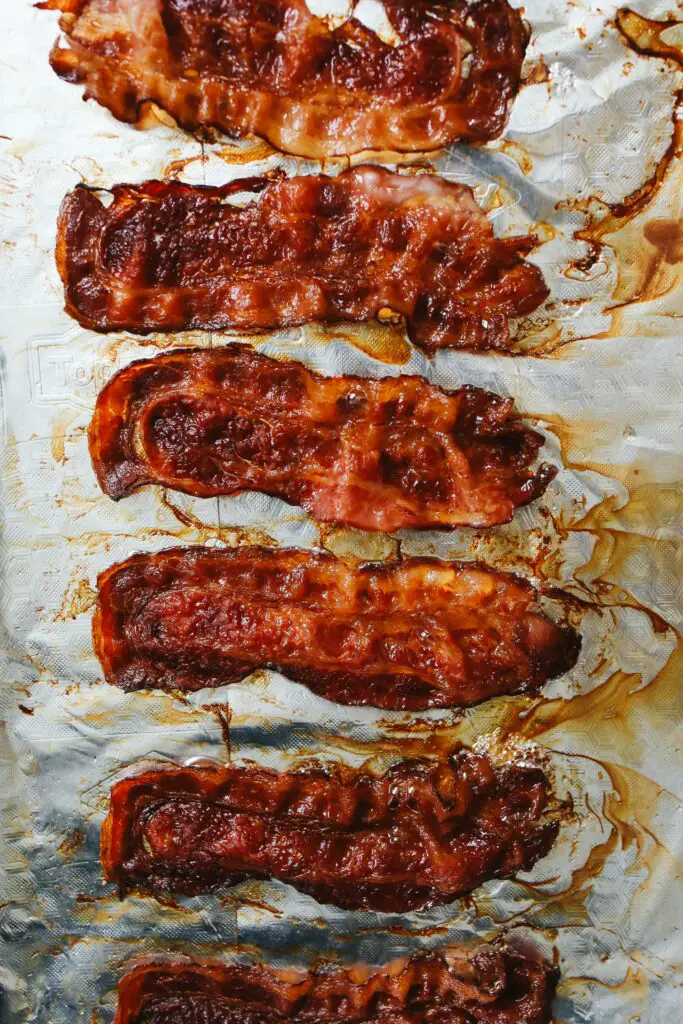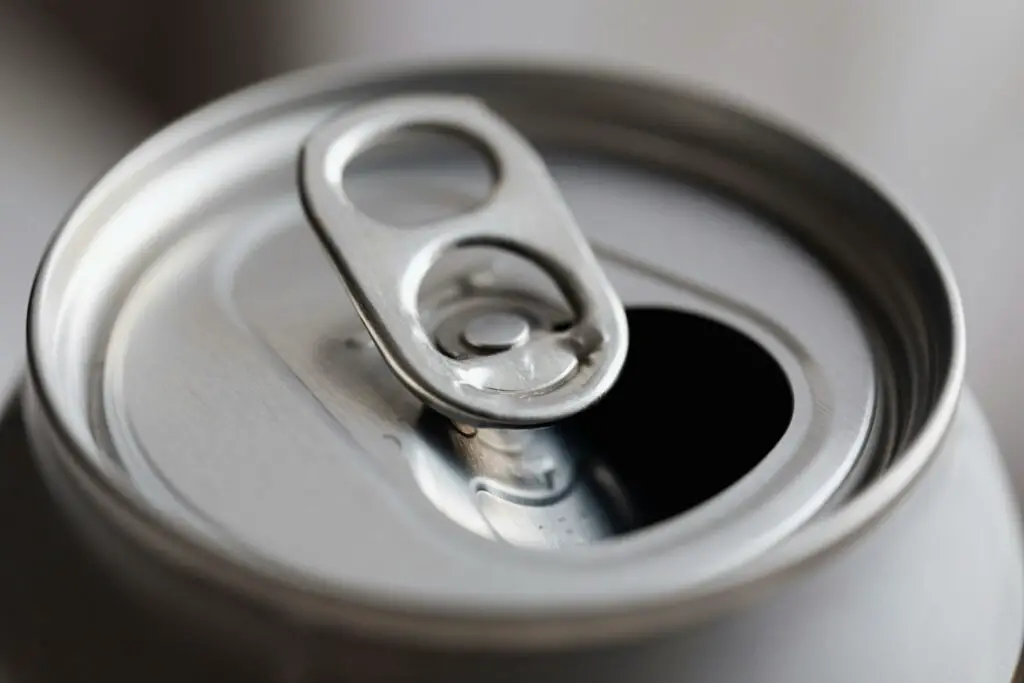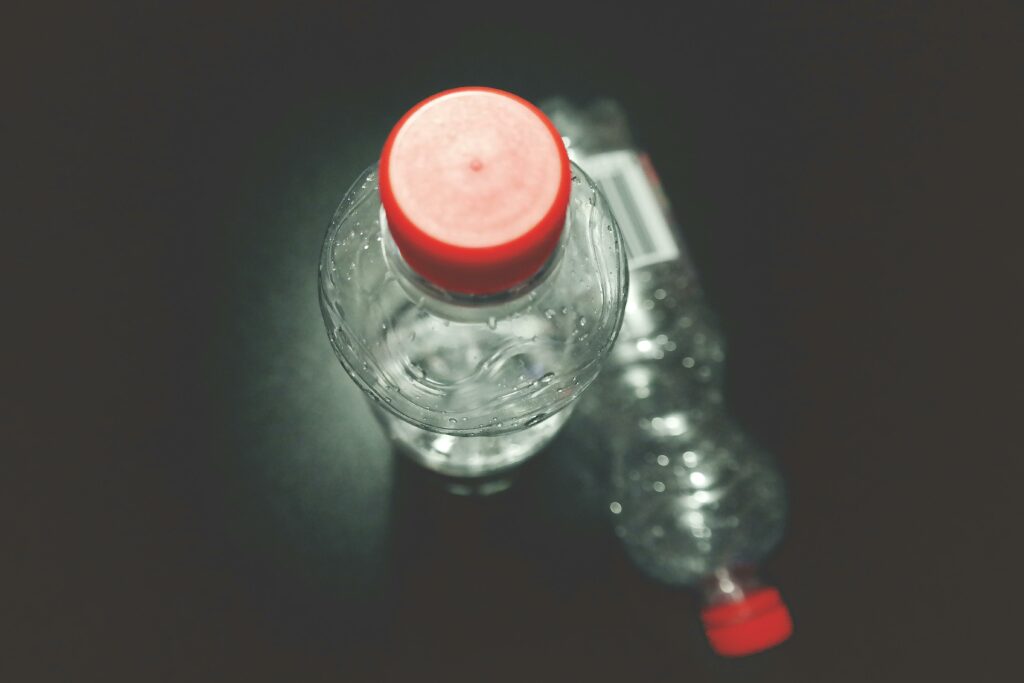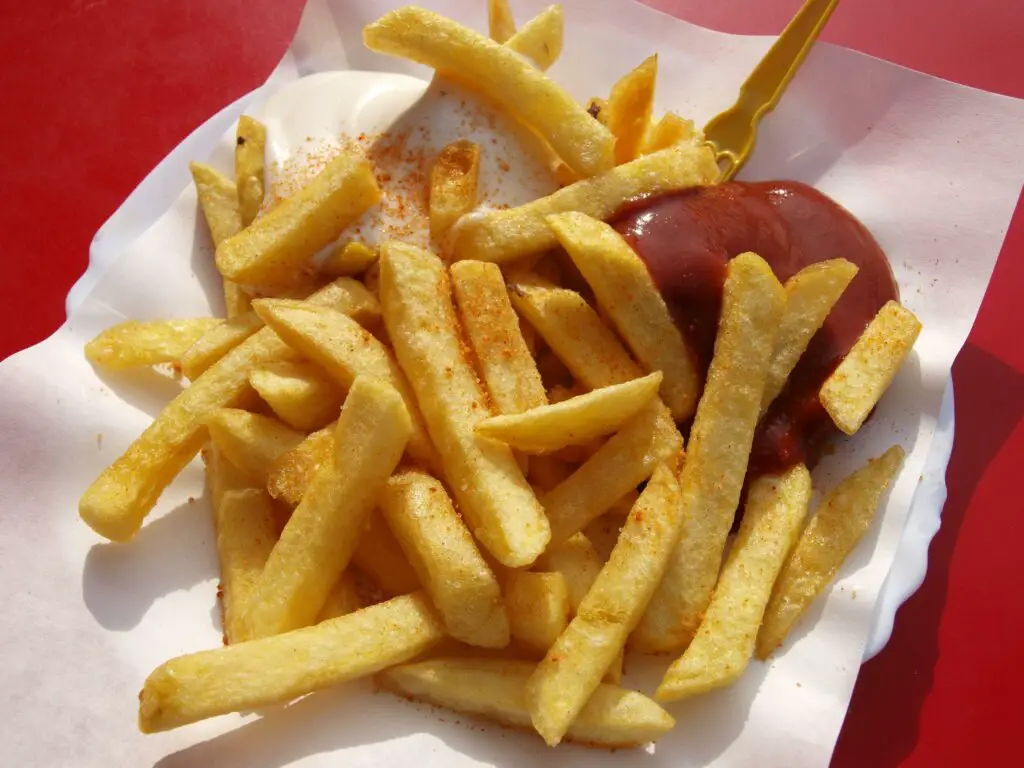Cancer is a devastating disease that not only impacts the life of the person receiving the diagnosis, but also the lives of their loved ones. Battling cancer can be a long and painful journey, and sadly, not everyone who is affected by this disease ends up a winner.
The sad reality is that cancer also affects children of all ages, from newborns and toddlers to preschoolers and teenagers.
Luke Morin and Garrett Matthias were both 5 years old when they lost their young lives to cancer.
Luke only lived 17 days after he was diagnosed with Diffuse Intrinsic Pontine Glioma (DIPG)—one of the rarest and most aggressive childhood brain cancers with a zero percent survival rate. His family says that their son “was stollen from them,” and they are doing everything in their power to raise awareness and help raise money in hopes of finding a cure for DIPG.
Garrett battled a rare childhood cancer for ten long months before he passed away. He was aware of the disease and even wrote his own obituary, sharing his wish to be buried with a party, something his parents honored no matter how heartbroken they were. Instead of a sad funeral, something their son didn’t like, they hosted a celebration of life completed with a bounce house, snow cones and an Asgardians burial, like Thor’s mom from the movie.
Both Luke and Garrett were raised in loving families, adored by everyone who knew them. Their parents did all in their power to keep them happy and healthy, but despite providing only for the best for them, they both got cancer.
The truth is that their parents did nothing wrong. Simply, cancer is cruel, and it’s sometimes genetic, and while we can’t control whether we will be diagnosed or not, doctors say there are certain things we can do in order to minimize the risks, especially when it comes to our children.
There are five things doctors say parents should avoid giving their children.
1. Ultra-Processed Meats (Hot Dogs, Bacon, Sausages)
The World Health Organization has classified processed meats including ham, bacon, salami and frankfurts as a Group 1 carcinogen (known to cause cancer) which means that there’s strong evidence that processed meats cause cancer, the Cancer Council reports.
These products contain nitrates and nitrites, preservatives known to form carcinogenic compounds in the body, especially in the colon. Since children’s digestive system is still developing, they are more vulnerable.
Consider replacing them with fresh lean meats, grilled poultry, or plant-based alternatives.
2. Sugary Drinks (Sodas, Energy Drinks, Even Some Juices)
Soft drinks, energy drinks, and even juices are full of sugars and their consumption can easily lead to obesity and diabetes.
The same goes for the diet sodas, which are expected to be a healthier option but are actually disrupting our metabolism and increasing the hunger. Dr. London, who has almost 400,000 followers on his TikTok account, refers to soft drinks as to “liquid death.” Except for high amounts of sugar, these drinks contain artificial dyes and preservatives linked to cancer in animal studies.
A better options would be water with fresh fruit slices or smoothies made of whole fruits.
3. Plastic Containers and Bottles with BP
When offering drinks in plastic containers and bottles, there is a chance of Bisphenol A (BPA), a chemical often found in these products, to enter the food or drink we consume. Acting as an endocrine disruptor, BPA can mimic the hormone estrogen. This can increase the risk of cancers such as breast and prostate cancer.
Even when a plastic product is marked “BPA-free,” it contains BPS (Bisphenol S), which is as dangerous.
Use glass, stainless steel, or food-safe silicone containers instead and never microwave plastic.
4. Heavily Fried or Charred Foods
Heavily fried or charred foods can produce harmful chemicals like acrylamide and HCAs, which are linked to cancer risk.
Healthier cooking methods include steaming or baking.
5. Talc-Based Baby Powder or Products with Formaldehyde
Many baby powders that use talc have been linked to cancer risks due to possible asbestos contamination. Other baby care products such as wet wipes and shampoos also contain formaldehyde-releasing chemicals, which are considered cancerous.
When choosing what’s best for your child, opt for talc-free and formaldehyde-free products from brands that use natural ingredients.
These small but meaningful choices may reduce the risks of your child being affected with cancer later in life. While growing up, children are more sensitive to toxins and chemicals than adults, so why not do what’s best for them and their health.
Please SHARE this article with your family and friends on Facebook.
Bored Daddy
Love and Peace





